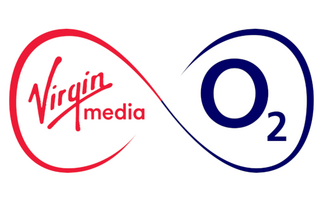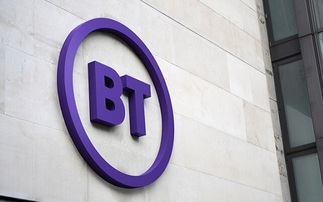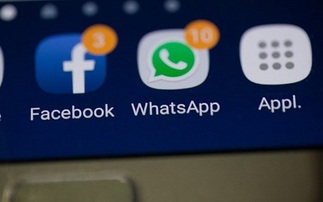Chinese company promises to create 300 new research jobs by 2017
Chinese telecommunications equipment maker Huawei has announced it is opening an R&D centre in Bristol, which will initially seek to recruit 30 "high-caliber" employees. The centre is opening as...
To continue reading this article...
Join Computing
- Unlimited access to real-time news, analysis and opinion from the technology industry
- Receive important and breaking news in our daily newsletter
- Be the first to hear about our events and awards programmes
- Join live member only interviews with IT leaders at the ‘IT Lounge’; your chance to ask your burning tech questions and have them answered
- Access to the Computing Delta hub providing market intelligence and research
- Receive our members-only newsletter with exclusive opinion pieces from senior IT Leaders






















